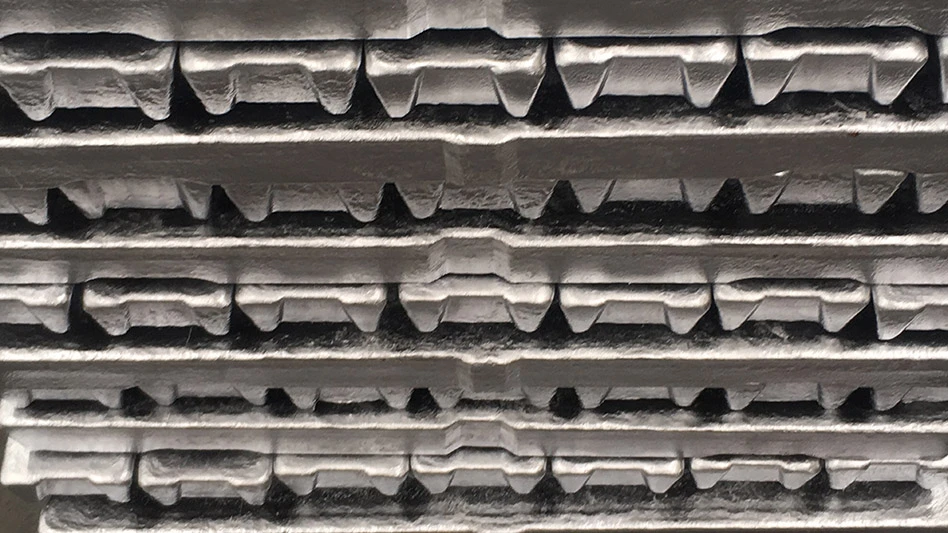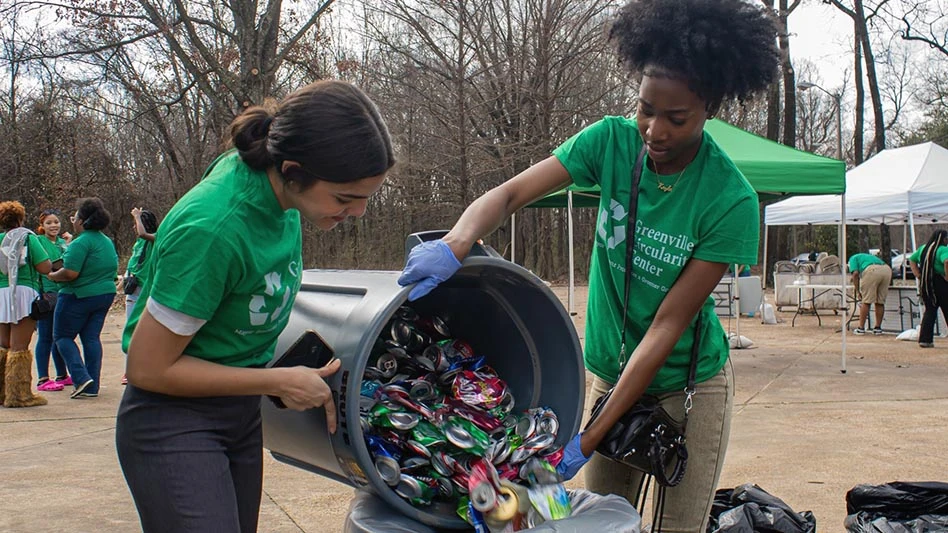
Last month, Norway-based Nofir collected 24 tons of discarded fishing nets from Antarctica’s oceans. After the nets are dismantled and cleaned, Nofir sends them off to Italy-based Aquafil to be processed into nylon yarn.
An estimated 640,000 tons of fishing gear gets discarded in the oceans each year. Dolphins, sea turtles and whales have been found entangled in the nets and many of them die. According to the Ellen MacArthur Foundation, if the problem continues, there will be more plastic than fish in the ocean by 2050.
Nofir was established in 2008 in response to increasing reports of fishing nets by Norwegian environmental organizations and fisherman.The company aims to not only recover and recycle material, but to “reduce pollution caused by discarded nets.”
Nofir's recycling process includes collecting, dismantling, sorting, cleaning and transporting the nets to Aquafil’s facility in Slovenia, where nets undergo a journey from "waste to wear." According to Aquafil’s research, one ton of nylon nets can create 26,000 socks.
“We’re happy and proud to collect waste from such a distant area like Antarctica,” says Nofir CEO Øistein Aleksandersen. “Arctic nets are cleaned, cut and packed manually by workers in our factory. Soon they will be sent for recycling and ending up as new products, like swimsuits.”
"Turning nets into raw material is not only good resource management, but in cases such as this one, also a great win for the environment as the discarded equipment will not end up in the ocean,” he adds.
To date, Nofir has collected more than 30,000 tons of fishing nets from Europe, Africa, Asia and the United States.
Over the past five years, organizations and companies throughout the world have been working together under the Healthy Seas initiative to clean oceans of fishing nets and then recycle the nets into sustainable apparel.
In October, Aquafil says divers removed four tons of submerged fishing nets off the coast of Italy. “Ghost fishing nets” account for 10 percent of all ocean plastic. November, another team of divers managed to remove one ton, or 30 percent, of nets that were covering a reef in Santorini, Greece. Divers report another nearby reef is “completely covered” by nets.
According to Aquafil, the Slovenian plant has recycled 375 tons of fishing nets.
In December, Aquafil opened its first U.S.-based carpet recycling facility in Phoenix, Arizona. Old carpets broken down into nylon will be shipped to the Slovenian facility to be converted, together with fishing nets, into yarn for the fashion and interior industries, the company says.
Latest from Recycling Today
- OnePlanet Solar Recycling closes $7M seed financing round
- AMCS launches AMCS Platform Spring 2025 update
- Cyclic Materials to build rare earth recycling facility in Mesa, Arizona
- Ecobat’s Seculene product earns recognition for flame-retardant properties
- IWS’ newest MRF is part of its broader strategy to modernize waste management infrastructure
- PCA reports profitable Q1
- British Steel mill subject of UK government intervention
- NRC seeks speakers for October event





